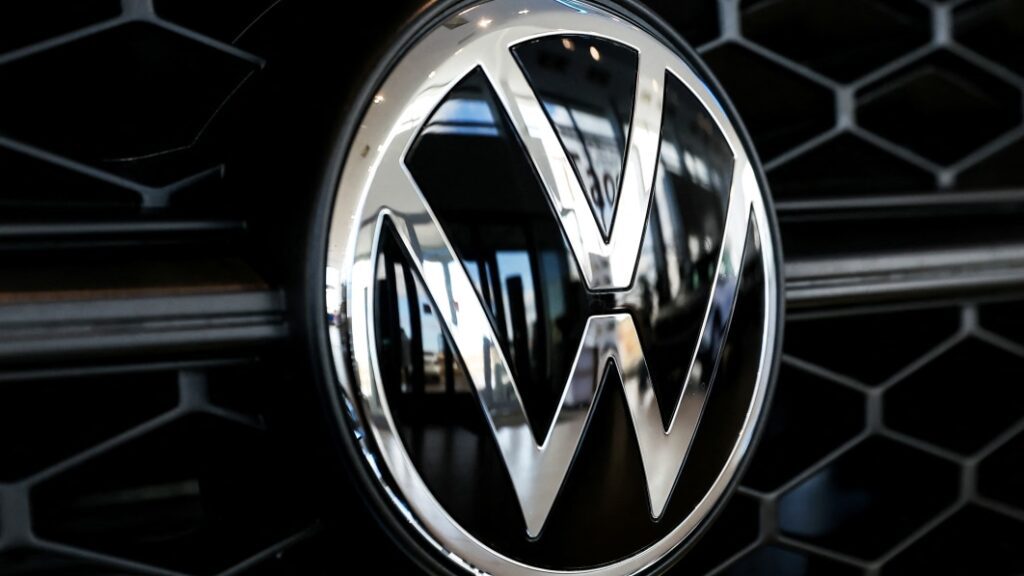Volkswagen's 2023 sales outlook blows past forecast, shares soar

FRANKFURT/HAMBURG – Volkswagen said on Friday that it expects supply chain issues to ease and sales to rise to as much as 331 billion euros ($352 billion) in 2023, sending shares in Europe’s top carmaker to their highest level in three and a half months.
The carmaker’s outlook, which comes after preliminary 2022 results published last month, also foresees a strong recovery of vehicle deliveries to 9.5 million, an increase of more than 14% year-on-year.
“Our performance last year demonstrated the improved resilience of the Volkswagen Group amid a challenging global backdrop,” Chief Financial Officer Arno Antlitz said.
“We expect the supply chain bottlenecks to gradually ease in the current year, allowing us to service the high order backlog.”
The comments reflect growing optimism of an industry slowly emerging from a global shortage of chips as well as supply chain problems also caused by the COVID-19 pandemic, with peers Stellantis and Renault, too, releasing upbeat views for 2023 in recent weeks.
Shares in Volkswagen rose 10% to the top of Frankfurt’s benchmark DAX index on the news and hit their highest level since Nov. 16, with analysts at Jefferies calling the outlook “surprisingly strong”.
Volkswagen, which last year listed Porsche AG in a landmark listing, forecast sales to grow by 10% to 15%, indicating 2023 revenues of 307 billion euros to 331 billion euros, significantly higher than the 280 billion Refinitiv estimate.
The group said operating return on sales was expected to be in the range of 7.5% to 8.5%, compared with 7.9% in 2022, adding its dividend would rise by 1.20 euros apiece to 8.70 euros per common share and 8.76 euros per preferred share for 2022.
According to Refinitiv estimates, holders of Volkswagen’s preferred shares were expected to get a dividend of 8.46 euros apiece.
($1 = 0.9414 euros)
(Reporting by Christoph Steitz and Jan Schwartz; Editing by Miranda Murray, Sharon Singleton and Josie Kao)


